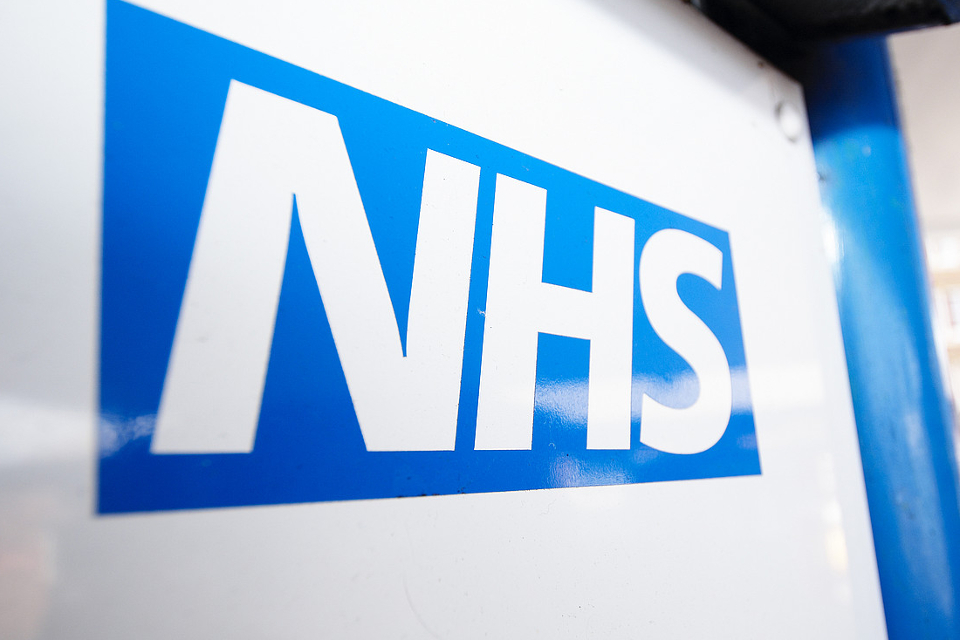Oxford University-led study shows the benefits of AI-led diagnostics in emergency medicine
Photo: Adobe Stock
Artificial intelligence can enable busy NHS emergency departments to perform bedside checks for Covid-19 in just 10 minutes without the need for a laboratory, a study led by Oxford University shows.
During a three-month evaluation at John Radcliffe Hospital, Oxford’s main accident and emergency centre, the study found that AI test results were available 45 minutes after a patient arrived, 26% faster those for a lateral flow test.
The AI screening test, known as CURIAL-Rapide, uses routine healthcare data (blood tests and vital signs) to screen patients for Covid-19. Compared to lateral flow tests, the AI test was more likely to identify Covid-19 in patients and correctly ruled out the infection 99.7% of the time, the research found.
RELATED CONTENT
- What next for the NHS GP data collection scheme?
- Transfer of Covid test results to GP records covered by £2m deal
- NHS Covid Pass looks to ‘next phase’ and improvement of user experience
In addition, a collaboration with five NHS trusts between December 2020 and March 2021 – University Hospitals Birmingham, Portsmouth University and Bedfordshire Hospitals – the study found that the AI test performed consistently in 72,000 admissions.
It provided reliable negative results for uninfected patients up to 98.8% of the time and was 21% more effective at identifying Covid-19 positive patients than lateral flow tests.
Andrew Soltan, lead researcher and clinical fellow at John Radcliffe Hospital, said: “This technology can help hospitals run more smoothly and may make a particularly big difference for smaller hospitals where there isn’t a lab on site.
“CURIAL is an example of how the collaborative strength of the NHS, bringing together universities with hospitals across the country, is helping to build an evidence base for safe and responsible use of clinical AI.”
Alex Novak, consultant for emergency medicine research at Oxford University Hospitals NHS Trust who was also involved in the study, added: “This is an exciting demonstration of the potential for AI-led diagnostic tools in acute clinical settings, with the power to translate into tangible benefits for patient care and optimise service performance at the frontline.”
Oxford University is applying for funding from the NHSX so that the AI test can be used more widely across the health service. In addition, The team are also validating a version of the CURIAL AI test that uses near-patient blood tests that can be performed in 10 minutes, reducing the time the AI needs to exclude coronavirus infection from one hour to only minutes.



